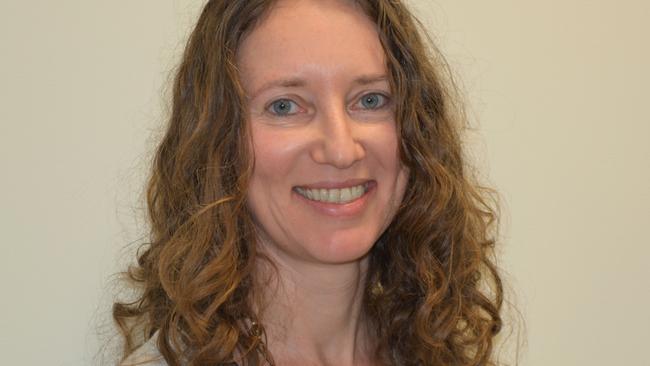Geelong experts research peri-natal depression causes
Experts are joining forces to uncover causes of peri-natal depression, amid rising rates in the region. Read about their latest findings.

Geelong
Don't miss out on the headlines from Geelong. Followed categories will be added to My News.
Experts are joining forces to uncover causes of peri-natal depression, amid rising rates in the region.
Almost one in five women in Australia experience depression during pregnancy or in the first year following the birth of their baby.
Researchers are yet to fully understand what puts women at risk of developing depression during this period.
But new research has provided evidence that the inflammatory reaction of the immune system could be a risk factor.
Findings from the Barwon Infant Study, published in Brain, Behaviour and Immunity journal, indicated chronic activation of the body’s immune system, also known as inflammation, played a role in the risk of developing peri-natal depression.
The team, led by paediatrician and Deakin University chair in medicine Professor Peter Vuillermin, collected blood samples from nearly 1000 pregnant women and information regarding the women’s mental health.

Barwon Health and Deakin University School of Medicine senior scientist Dr Luba Sominsky said the study showed pregnant women with high concentrations of inflammatory markers in their blood were more likely to experience depression and stress symptoms during pregnancy.
“Women with high body mass index (BMI) before pregnancy are at a particular risk, due to the link that exists between excess BMI and inflammation,” Dr Sominsky said.
“However, women at the lower end of the BMI range in our study were also likely to experience poor mental health during pregnancy.
“These findings indicate the importance of a healthy lifestyle and its impact on mental health.”
Prof Vuillermin said rates of peri-natal depression were rising in the Barwon region, and many parts of the world, with a very concerning impact on mothers and their families.
“Our goal is to understand the causes and to then use this knowledge to inform prevention strategies,” he said.
“We have established a collaboration between Deakin University and the health services in our region, called the Pregnancy Research and Translation ecosystem (PRT-E), with the overarching goal of improving pregnancy care and outcomes.
“We are now building on these findings from the Barwon Infant Study by working with a larger population of women in our region to identify the major factors contributing to peri-natal depression.
“Guided by the PRT-E stakeholder working group, we will co-design and implement interventions to drive improvements in peri-natal mental health care.
“Our approach will, in part, target inflammation.”
The PRT-E team established a pregnancy stakeholder working group, comprised of obstetricians, midwives and consumers.
Increasing rates of peri-natal depression in the region have been identified as a critical priority.
Dr Sominsky, who leads the peri-natal depression theme within the PRT-E study, is working closely with the stakeholder working group and the study investigators to identify factors driving the increase in peri-natal depression rates and develop potential prevention strategies.
It’s understood improvements in screening contribute to increased prevalence.
More Coverage
Originally published as Geelong experts research peri-natal depression causes






